Nourishing your baby is a beautiful yet challenging experience. We spoke with lactation expert Nadda Diasti to learn the best breastfeeding tips for beginners and experienced moms, too.
 Nadda Diasti works with parents and infants every day as an International Board Certified Lactation Consultant, Speech-Language Pathologist, and feeding therapist specializing in tongue ties. Through her work at Two Can Grow, she supports moms with feeding challenges regularly.
Nadda Diasti works with parents and infants every day as an International Board Certified Lactation Consultant, Speech-Language Pathologist, and feeding therapist specializing in tongue ties. Through her work at Two Can Grow, she supports moms with feeding challenges regularly.
Top Breastfeeding Tips for New Moms
A Piccalio follower on Instagram shared about her breastfeeding experience,"Looking back, I realize how overwhelmed and how lost I felt when I had my daughter and realized how hard breastfeeding was. I could not believe how hard it was! And no one ever talks about it."
Breastfeeding is a round-the-clock commitment. Many people say, "It's natural," and "It will just come to you." The reality is that every experience is different. Both babies and moms may experience anatomical or biological challenges that can complicate feeding.
Breastfeeding Tip 1: Know it’s a Learned Skill
"As natural as it is, feeding is a learned skill for mom and baby," Diasti says. She recommends that soon-to-be mothers establish a relationship with a lactation consultant before their baby is born. "It can help you know what to expect and what to do when challenges arise. Plus, it helps you be more familiar with the changes happening in your body," she says.
Breastfeeding Tip 2: Set up a Consultation
Then, Diasti says it can help to schedule a consult with a lactation specialist about the first week after birth. "So much changes in the first week," Diasti notes. This meeting can help reassure moms and help resolve any issues that mom or baby may need help with.
For instance, "There’s a great variability of normal in terms of breast milk production," Diasti says. Having a consultation can help ensure both baby and mama are doing well and resolve any questions.

FAQs on Breastfeeding and Formula Feeding
Diasti answered some common questions new moms and dads have about breastfeeding and formula feeding.
Why Does Your Breastfeeding Latch Matter?
A feeding specialist can help you ensure your baby is latched on properly. A poor latch can result in sore nipples, spit-up, and other issues.
La Leche League explains how you can identify a good latch:
- Baby's nose should be very close to or touching your breast.
- Baby's top and bottom lips are flanged or spread out across the breast.
- Beyond the nipple, 1/2 inch of the breast is in your baby's mouth
Diasti says that adjusting your baby's latch or trying new breastfeeding positions can resolve many issues. A consultation with a specialist can help resolve breastfeeding latch difficulties.
Should I do On-Demand or Scheduled Feedings?
Diasti recommends following cue-based feeding. "Follow the baby's lead if there aren't any challenges," she asserted. Rigid schedules can create anxiety about whether your baby is eating too often or not enough. As long as your baby is gaining weight, you probably don't need a schedule.
"Babies are growing at a rapid rate and they might need to feed more," she explained. Letting baby tell you when they need to eat can ensure your little one gets enough.
That said, overfeeding can also result in issues like reflux, Diasti acknowledges. So, it's important to find a balance and learn to recognize baby's hunger cues and when they may simply need comfort.
What Are Tongue Ties?
In the mouth, seven different bands of tissue connect your tongue, lips, and cheeks. When these connective tissues are too tight, they may cause challenges with feeding, talking, or even breathing.
A tongue-tie occurs when the connective tissue between the tongue and mouth impacts function. A baby with a tongue tie may not be able to stick out their tongue. "It restricts mobility," Diasti explains.
How to Know if Baby Has a Tongue Tie?
"We see signs in baby and mom if there is a tongue tie," Diasti notes. "Some symptoms in mom are pinched or damaged nipples or pain while breastfeeding. In babies, we may see blisters on the lips, two-toned lips, clicking sounds while feeding, milk dribbling out while feeding, colic, constant need to nurse, and more."
In addition, Diasti explained that some babies may have trouble while sleeping. Some signs to look for include mouth breathing, snoring, chronic congestion, and noisy breathing.
Fortunately, there are many treatments for tongue ties. One solution is to adjust your baby's latch. Diasti says some exercises can help improve range of motion and coordination. Minor surgeries like tongue tie releases or frenectomies can also help.
If you think your baby has a tongue-tie, seek out a feeding therapist who can assess your baby. From there, you can determine if surgery is necessary. Usually, a combination of treatments including exercises and stretches is best.

Q&A with Nadda Diasti, IBCLC, SLP
Piccalio’s followers asked Nadda Diasti their questions about breastfeeding.
Follow us on Instagram for the chance to ask experts your questions.
Question: My baby spits up a lot. How do I know if it's something to be concerned about?
Nadda Diasti, IBCLC, SLP: We look at different signs that tell us it’s a challenge that requires intervention, or not a concern. Spit-up may not be an issue if your baby is calm and doesn't seem impacted by spit-up.
If your baby spits up frequently and also seems uncomfortable or gassy, there may be another issue. People say a lot of these things are normal, but they're not ok. Your baby should feel comfortable. Another sign it's an issue is if you're worried about it.
Simple switches can often make a significant difference in helping your baby feed well and feel good.
Question: My newborn is gulping and can't seem to keep up with the milk flow. Is there anything I can do about it?
Nadda Diasti, IBCLC, SLP: In the early days of breastfeeding, you may have so much milk your baby can't keep up. Some feeding position changes can help. Hold your baby while leaning back so that gravity helps slow the flow. Or, use your hand in a karate chop across your breast to slow the flow.
Another tip is to express a bit of milk before feeding your baby. If your baby is still having a hard time, it's important to check baby's skills and anatomy.
I also want to mention that it's normal for moms to feel their milk let down. Not feeling your milk let down is also normal. Other clues such as weight gain can show that your baby is getting enough breast milk.
Question: What are your top bottle tips for breastfed babies?
Nadda Diasti, IBCLC, SLP: These are my tips for all babies, whether you're breastfeeding, bottle feeding, or doing a combination.
Find a bottle that has a gradual nipple slope. Some bottles have nipples that look like a breast. This is a gimmick.
Also, check the flow rates. The slower the flow, the better so that baby has more control.
Try paced bottle feeding. It helps reduce the chances of reflux.
For breastfed babies, try introducing the bottle between 3 and 4 weeks after birth. This is the best time to help your baby learn bottle feeding and avoid refusal. Bottle feeding is a learned skill, so it's important to start early. If you want to use bottles later such as when you go back to work, this is the ideal time.
Question: I did not realize what I ate could affect my milk and daughter. How do I know if my baby has a food sensitivity?
Nadda Diasti, IBCLC, SLP: There are a lot of old wives' tales about nursing. If you're concerned about supply, the best way is to have your baby nurse or use a breast pump. Some herbs and foods may affect your supply. The book, Making More Milk by Lisa Marasco is a great resource.
Some medications including antihistamines and Sudafed have been proven to reduce milk supply. Also, people often put cabbage leaves on their breasts if they're engorged. This can reduce inflammation.
To address food sensitivities, work with a registered dietician who understands lactation. In moderation, most foods are ok. You may have heard not to eat broccoli. Unless you're eating a lot, it shouldn't impact your baby.
Some signs of a sensitivity are eczema and rashes. Your baby's poop may also help clue us into whether your baby is sensitive to foods mom is eating. Dairy and soy are some of the most common allergens. Free to Feed is a helpful online resource that parents can use to explore possible food reactions.
Keep in mind that oversupply can also present with symptoms similar to food sensitivities, such as colic. We want to look at both mom and baby to determine what's going on.
You're Not Alone with Feeding
Diasti's message for parents is that you are not alone in your feeding struggles. The support of a feeding therapist can help improve life for you and your baby.
What has your experience with breastfeeding and feeding your little one been like? Let us know in the comments below.
Sources:
2. Free to Feed
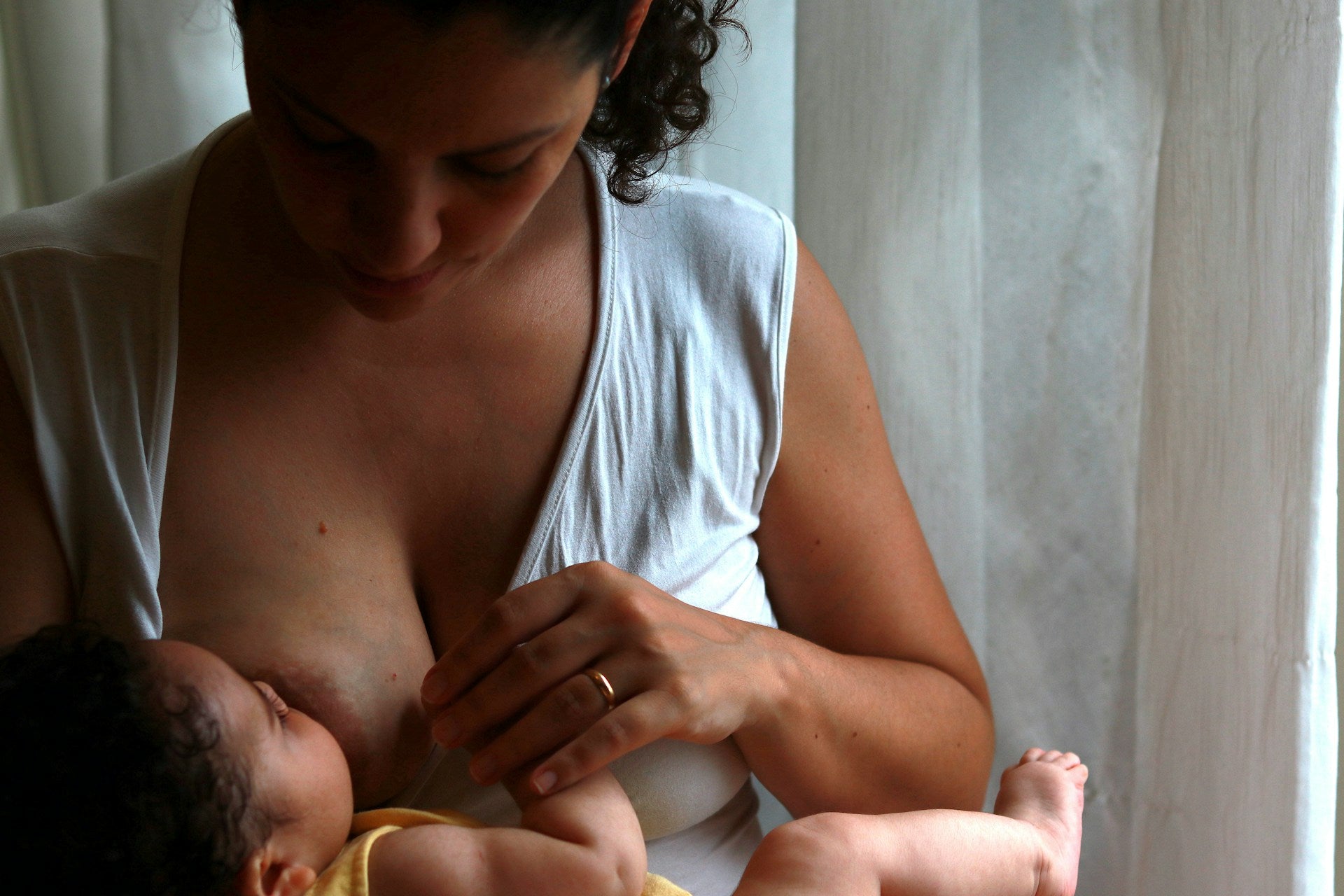

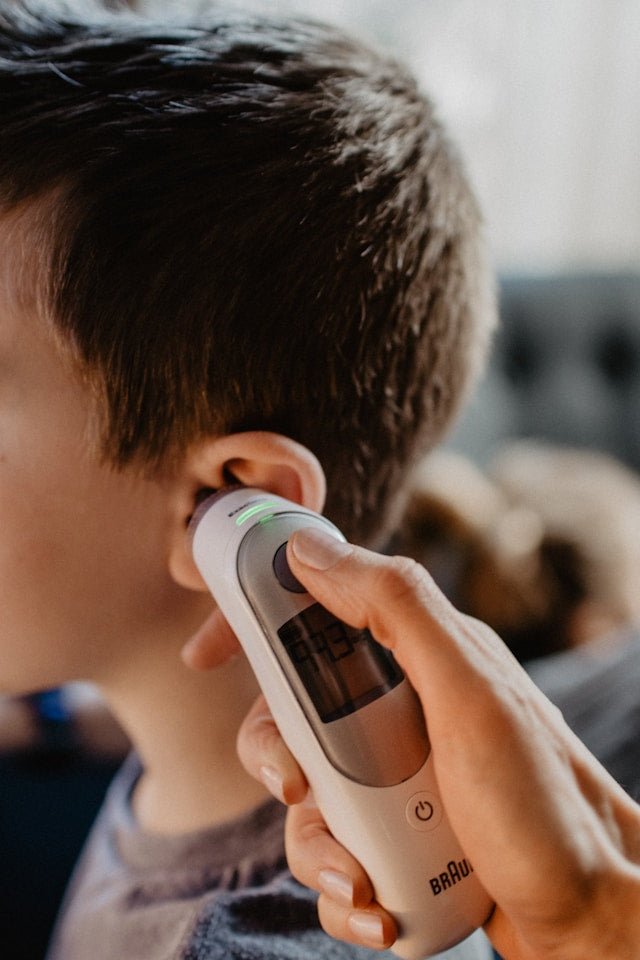
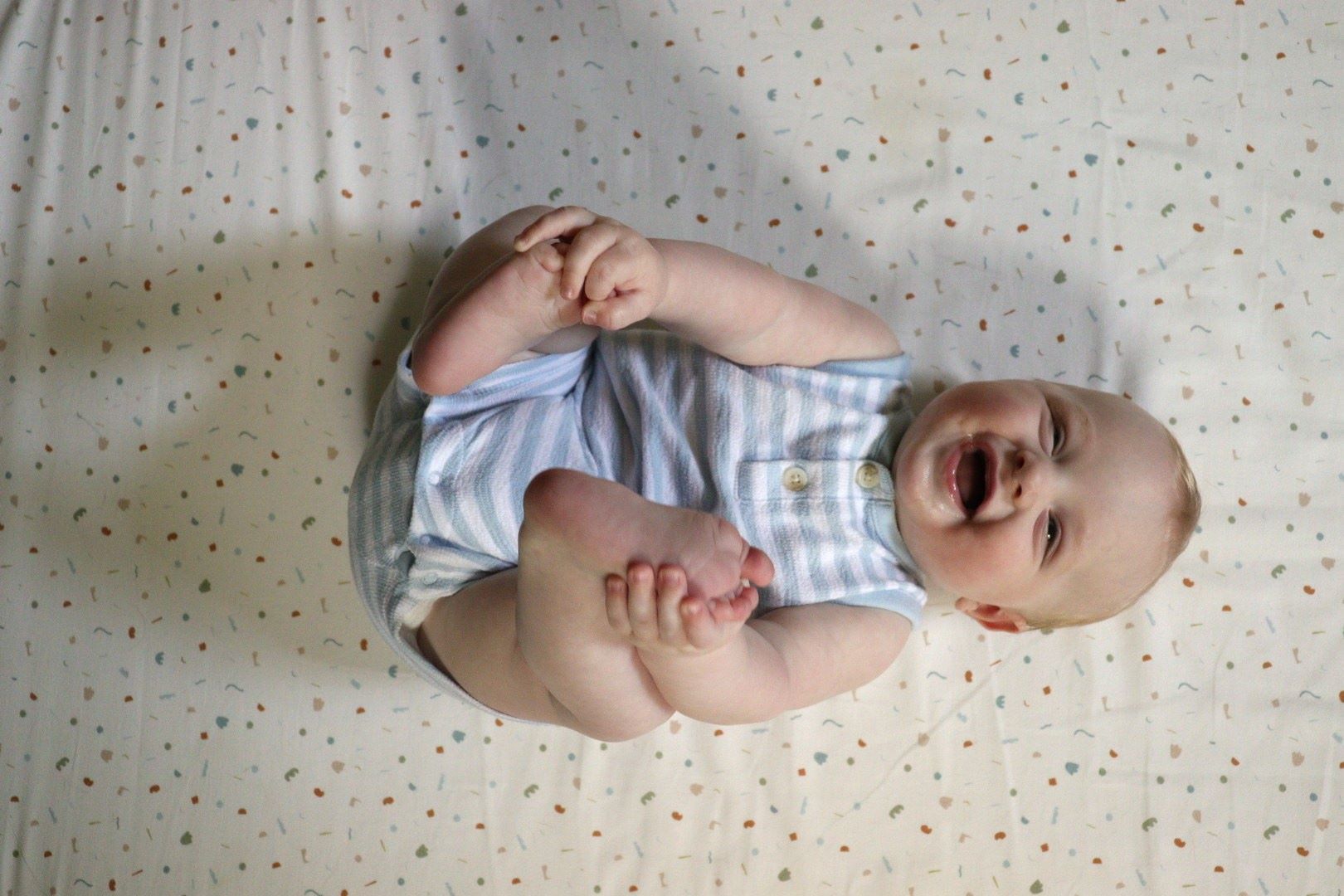
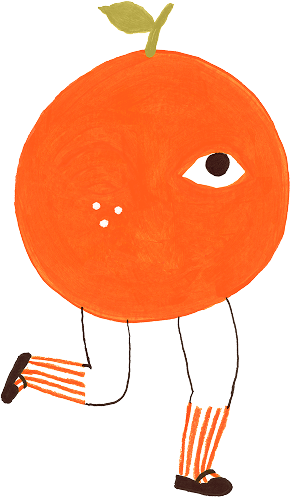

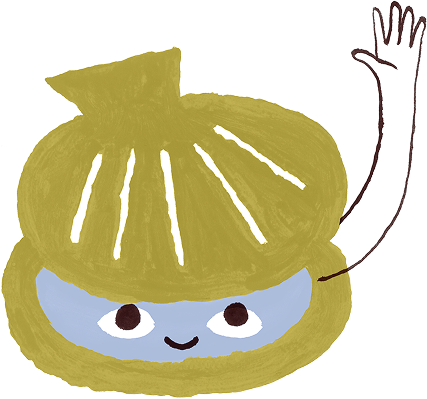

Leave a comment
This site is protected by hCaptcha and the hCaptcha Privacy Policy and Terms of Service apply.